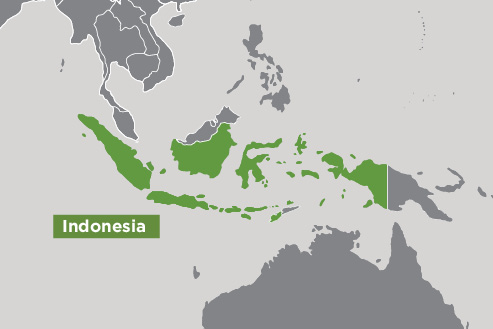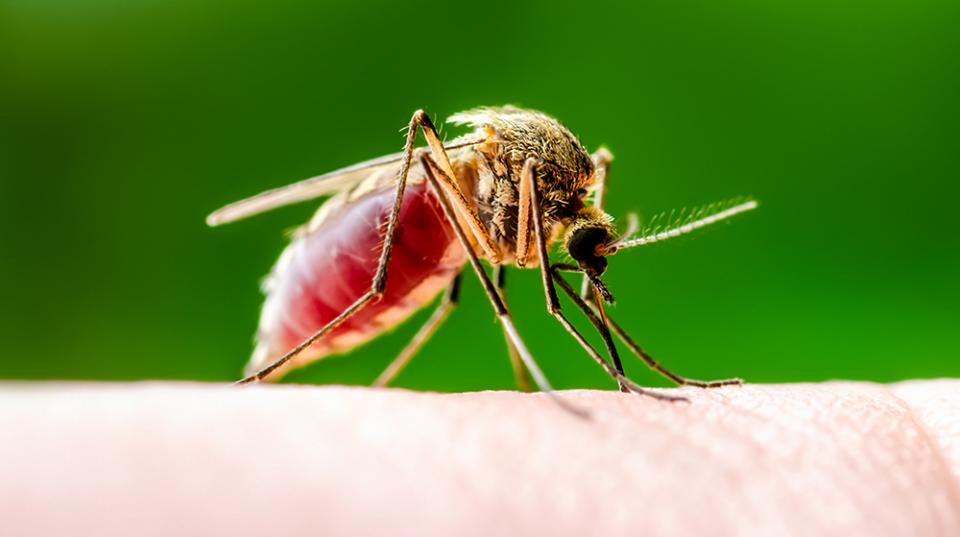Overview
This project is partnering Indonesian and Australian researchers to evaluate monkey to human transmission of malaria parasites across Indonesia, specifically Plasmodium knowlesi.
Little is known about the transmission of P. knowlesi in Indonesia, however in Malaysia changes in agricultural and forestry land use have been linked to increasing numbers of cases of zoonotic malaria (malaria spread between animals and people), particularly affecting farmers and plantation workers.
The two-and-a-half-year multi-disciplinary study will work in three sites in Indonesia (North Sumatra, North Kalimantan and Sabang, Aceh) to develop and validate the best methods to detect P. knowlesi and other malaria parasites in humans, in order to better understand how and where the parasite may be transmitted.
This project is part of the Research for One Health Systems Strengthening Program co-funded with DFAT addressing zoonoses, antimicrobial resistance and systems strengthening within the Asia Pacific.
Expected project outcomes
- Improving detection methods for zoonotic malaria surveillance and using them to define the disease burden.
- Evaluating agricultural and land-use factors associated with zoonotic malaria transmission.
- Evaluating mosquito vectors transmitting zoonotic malaria and the association with agricultural land types and practices on their behaviour
- Improving zoonotic research translation through the current Indonesian One Health national framework
- Developing and validating integrated macaque surveillance methods for malaria and other zoonotic pathogens
- Improving methods for integrated land use mapping with macaque/human surveillance data to understand changes in zoonotic disease transmission risk.
Summary of outcomes to date
2021–22
The project has made significant headway since the last reporting period with all ZOOMAL project components having begun fieldwork in either North Sumatra or North Kalimantan, and data collection well underway. In June 2022, 8 Australian investigators made site visits to North Sumatra, and there have been 7 new scientific publications.
The project continues to vigorously pursue capacity building, training and collaboration initiatives, including:
- training 14 new local Health Facility staff in North Sumatra
- the upcoming Universitas Sumatra Utara and Zoomal One Health short course, with 157 participants from 74 institutions already registered, and
- laboratory capacity building, and primate monitoring and entomology vector surveillance techniques.
New collaborations include investigators and staff from Indonesian Government Ministries, Institutions, local NGOs and international development organisations.
Delays in the project activities and outcomes have been addressed through the confirmed extension of the project end date for an additional 12 months to June 2023.




